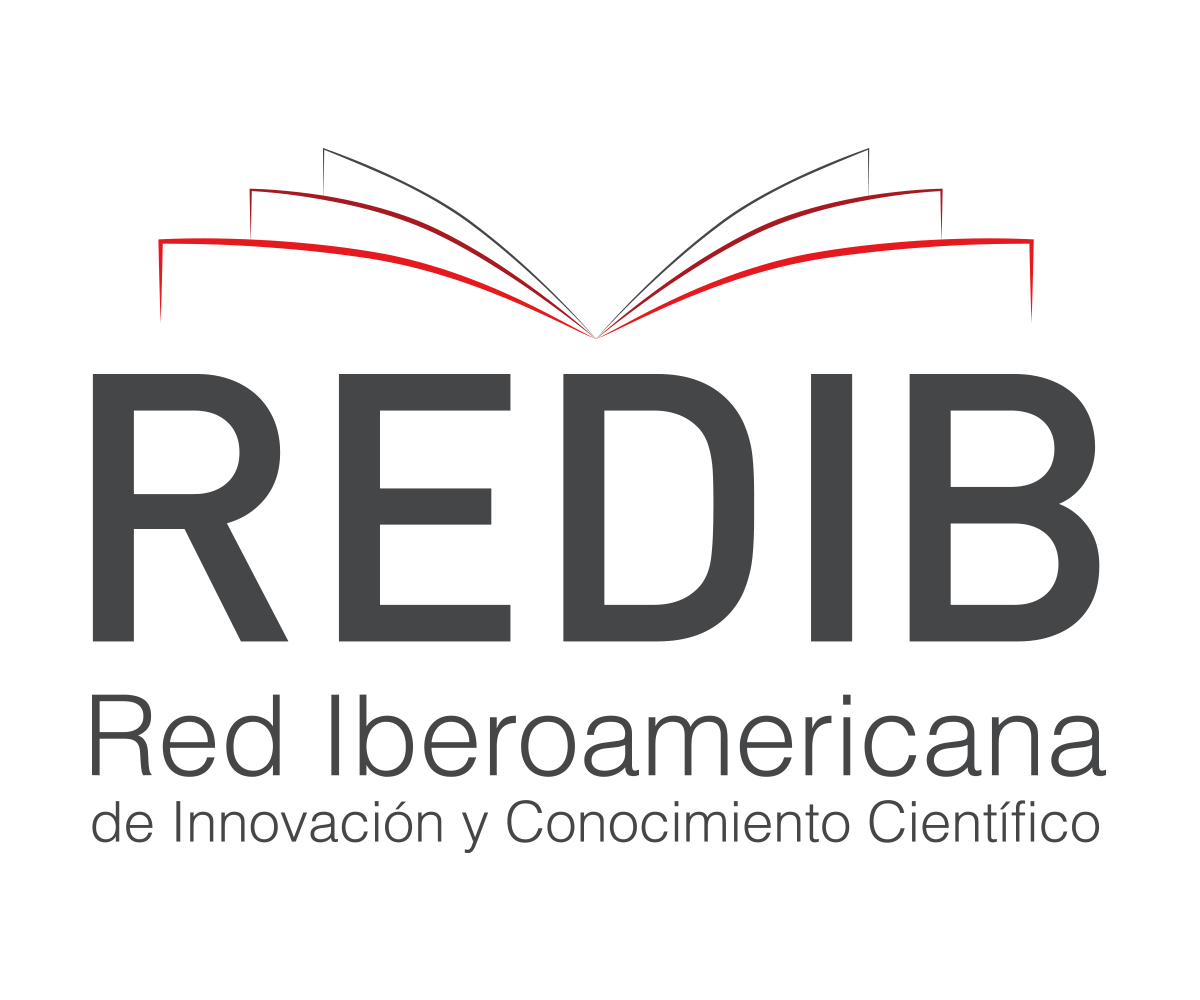REVERSE LOGISTICS OF MEDICINES IN BRAZIL
an contribution to sustainability
DOI:
https://doi.org/10.31510/infa.v17i2.951Keywords:
Sustainable Development, Medicines, Reverse logisticAbstract
The National Solid Waste Policy (PNRS), which establish guidelines for the correct disposal of waste, is still not respected efficiently, proof of this is the large amount of waste disposed of incorrectly in the environment every day, causing negative impacts. The incorrect disposal of medicines has been a major problem. Within this context, implementing reverse logistics is an important strategy to promote sustainability and thus cause less problems to the environment. The aim of this study is to highlight the process of reverse drug logistics as a factor aimed at promoting sustainable development. The methodology used to prepare the article was Literature Review. Articles, theses, monographs, documents published in symposia and magazines were consulted, whose theme was the focus of this study. The researched literature shows the
importance for the environment of the correct disposal of any solid waste, and in view of the fact that the medicines are chemical compounds, this disposal is even more necessary, because in addition to impacting the environment, the medicines can bring serious damages to Cheers. Therefore, the reverse logistics of medicines contributes positively to make sustainable development a tangible reality.
Downloads
Metrics
References
ABDI. Agência Brasileira de Desenvolvimento Industrial. Logística Reversa para o Setor de Medicamentos. 2013. Disponível em: http://portal.anvisa.gov.br/wps/ Acesso em: dois Ago. 2020.
ALLEN JUNIOR, C. Mapping of the policy context and cat adores organizations in Maputo, Mozambique. WIEGO Organizem Bife. N. 6, 2016. Disponível em: https://www.acervodigital.ufpr.br/bitstream/handle/1884/52381/R%20-%20E%20-%20ADELTO%20AMERICO%20CHAMBELA.pdf?sequence=1. Acesso em: 20 set. 2020.
BALBINO, E. C.; BALBINO, M. C. O descarte de medicamentos no Brasil: Um olhar socioeconômico e ambiental do lixo farmacêutico. In: Âmbito Jurídico, Rio Grande, XIV, n. 86, mar 2011.
BRANDÃO, A. Logística Reversa: Brasil busca solução para descarte inadequado de medicamentos. Pharmacia Brasileira, Uberlândia, n., p.7-14, 01 jan. 2013. Disponível em: hutus://dialnet. unirioja.es/descarga/articulo/5617707.pdf. Acesso em: 20 set. 2020.
BRASIL. Política Nacional de resíduos Sólidos. Lei nº 12.305 de dois de agosto de 2010. Disponível em: http://www.mma.gov.br/port/conama/legiabre.cfm?codlegi=636. Acesso em: 12 mar. 2020.
BRASIL. Constituição da República Federativa do Brasil de 1988. Disponível em: http://www.planalto.gov.br/ccivil_03/constituicao/constituicao.htm. Acesso em: 12 ago. 2020.
CHAVES, G L.D; BATALHA, M. O. Os consumidores valorizam a coleta de embalagens recicláveis? Um estudo de caso da logística reversa em uma rede de hipermercado. Gestão da produção, v. 13, n.3, p.423-435, 2006. Disponível em: http://www.aems.edu.br/conexao/edicaoanterior/Sumario/2014/downloads/2014/A%20import%C3%A2ncia%20da%20log%C3%ADstica%20reversa.pdf.
CHRISTOPHER, M. Logística e gerenciamento da cadeia de suprimento. São Paulo: Engagé Learning, 2016.
FALQUETO, E; KLIGERMAN, D. C; ASSUMPÇÃO, R. F. Como realizar o correto descarte de resíduos de medicamentos? Ciência & Saúde Coletiva, v.15, n.2, p. 3283-3293, 2010.
FERREIRA, L C. Sustentabilidade: uma abordagem histórica da sustentabilidade. In: BRASIL. Encontros e Caminhos: Formação de Educadoras (ES) Ambientais e Coletivos Educadores. Brasília: Ministério do Meio Ambiente, 2007.
GUARNIERI, P. Logística Reversa: em busca do equilíbrio econômico e ambiental. Recife: Club de Autoes, 2011.
KONGAR, E. et al. A novel IT infrastructure for reverse logistics operations of end-of-life pharmaceutical products. Information Technology and Management, New York, v. 16, n. 1, p. 51-65, 2014. Disponível em: https://revistas.ufg.br/bgg/article/view/46243
. Acesso em: 02 mar. 2020
INPEV. Instituto Nacional de Processamento de Embalagens Vazias. Logística das Embalagens Vazias. Disponível em: http://www.inpev.org.br/destino_embalagens/logistica_embalagens_vazias/logistica_embalagens_vazias.asp. Acesso em: 15 ago. 2020.
LEITE, P. R. Logística Reversa: meio ambiente e competitividade. 1. ed. ISBN: São Paulo, 2008.
LEITE, B. Z., PAWLOWSKY, U. Alternativas de minimização de resíduos em uma indústria de alimentos da região metropolitana de Curitiba. Eng. Sanit. Ambient.,10, 2, p.96-105, 2005. Disponível em: http://www.abepro.org.br/biblioteca/enegep2014_TN_STO_203_150_24754.pdf. Acesso em: 20 set. 2020.
LEMOS, S. Descarte incorreto de medicamentos pode contaminar o meio ambiente. Jornal da USP. 2019. Disponível em: https://jornal.usp.br/atualidades/descarte-incorreto-de-medicamentos-pode-contaminar-o-meio-ambiente/. Acesso em: 20 set. 2020.
MACHADO, P A. L. Direito Ambiental Brasileiro.5. ed., São Paulo: Saraiva, 2011.
NASCIMENTO, C E. Descarte de Remédios: uma questão muito grave. Disponível em: https://qualidadeonline.wordpress.com/2012/01/26/descarte-de-medicamentos-um-problema-muito-grave-no-brasil/. Acesso em: 10 set. 2020.
OLIVEIRA, C. C.; SAMPAIO, R. S. R. A economia verde no contexto do desenvolvimento sustentável: a governança dos atores públicos e privados. 1. ed. Rio de Janeiro: FGV, 2012.
PRADO FILHO, H. R. Os perigos do descarte incorreto dos medicamentos. 2018. Disponível em: https://revistaadnormas.com.br/2018/06/19/os-perigos-do-descarte-incorreto-de-medicamentos. Acesso em: 20 set. 2020.
SCHARF, R. Manual de negócios sustentáveis. Amigos da terra, São Paulo, 2004.
SEIXAS, L. J. Gerenciamento e destinação final de medicamentos: uma discussão sobre o problema. Rev. Bras. Farm. Rio Grande do Sul, v. 90, n. 1, p. 64-68, 2009. Disponível em: http://www.pos.cps.sp.gov.br/files/artigo/file/215/0704ed91b9871a6fd3253d618bed640e.pdf. Acesso em: 20 set. 2010.
SOUZA, L. Brasil gera 79 milhões de toneladas de resíduos sólidos por ano. 2019. Disponível em: https://agenciabrasil.ebc.com.br/geral/noticia/2019-11/brasil-gera-79-milhoes-de-toneladas-de-residuos-solidos-por-ano. Acesso em: 20 set. 2020.
SOUZA, I. M. Gestão Integrada de Resíduos Sólidos no Município de Santana do Livramento: Uma Análise à Luz da Lei 12.305/2010. Trabalho de Conclusão de Curso. RS: Unipampa, 2017.
SPINA, G. A.; AQUINO, S. Contributions of Stakeholders of the Pharmaceutical Area in Sustainability Management of the Value Chain with the Implementation of Reverse Logistics Expired Products. CONTECSI, São Paulo, v. 12, abr. 2015. Disponível em: https://revistas.ufg.br/bgg/article/view/46243. Acesso em: 10 ago. 2020.
Downloads
Published
How to Cite
Issue
Section
License
Copyright (c) 2021 Revista Interface Tecnológica

This work is licensed under a Creative Commons Attribution 4.0 International License.
Os direitos autorais dos artigos publicados pertencem à revista Interface Tecnológica e seguem o padrão Creative Commons (CC BY 4.0), que permite o remixe, adaptação e criação de obras derivadas do original, mesmo para fins comerciais. As novas obras devem conter menção ao(s) autor(es) nos créditos.












.jpg)




1.png)
1.png)